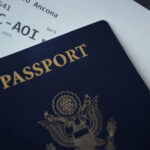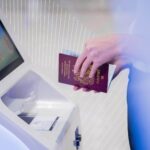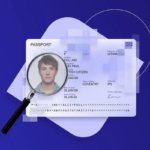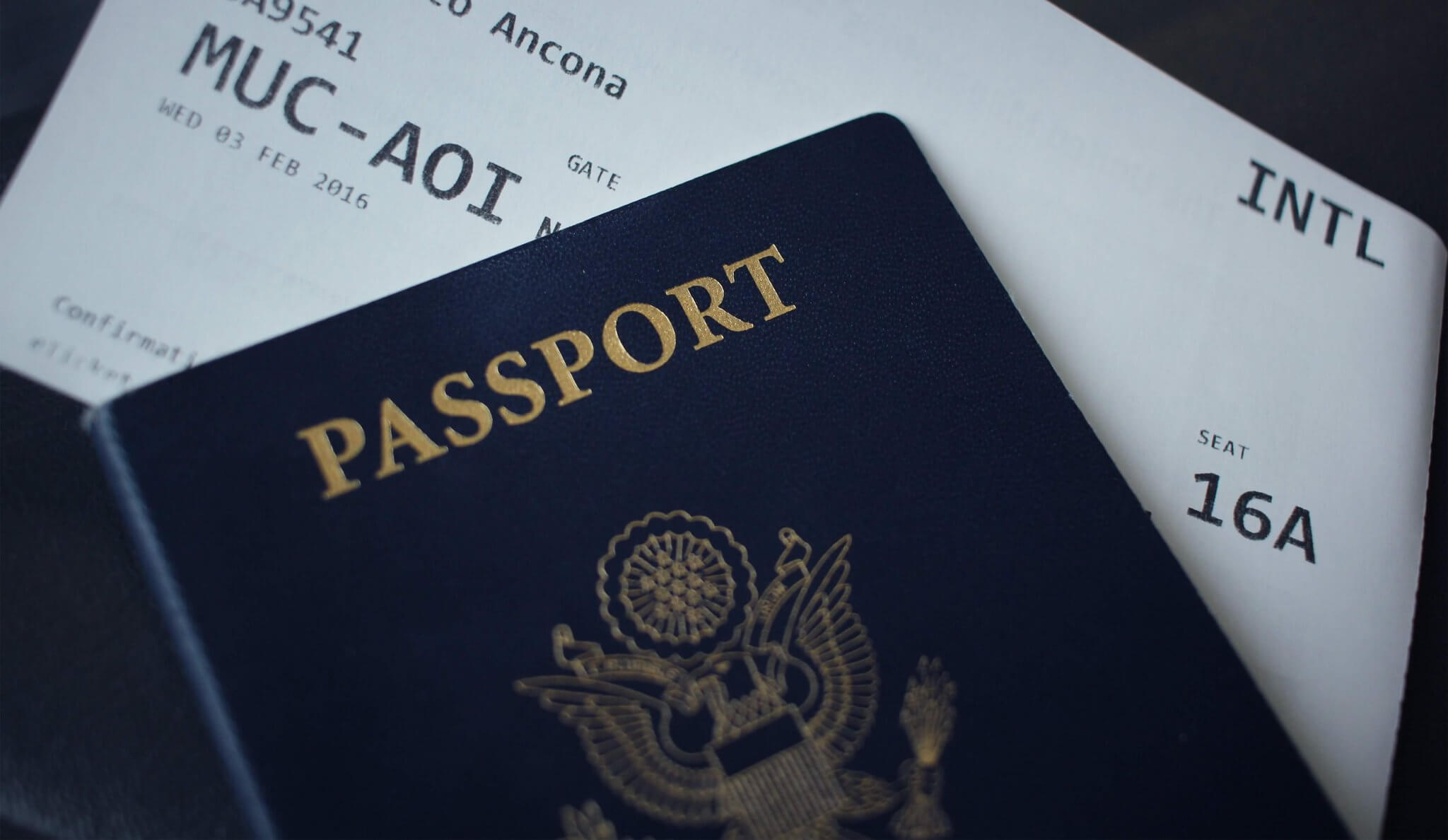
The allure of counterfeit travel documents, though tempting to some, leads down a treacherous path with severe legal ramifications. Individuals who resort to using fraudulent identification to cross borders or gain access to restricted areas put themselves at risk of facing a myriad of legal consequences.
Understanding the Gravity of Fake Travel Documents
Using counterfeit travel documents, such as forged visas or altered identification, is a criminal offense that undermines the integrity of national security and international travel. For example, a fake passport template not only puts the individual in jeopardy but also poses a risk to others by potentially facilitating criminal activities, including human trafficking and terrorism.
Forgery Is a Serious Criminal Offense
Forgery, the act of creating or altering a document with the intent to deceive, is a serious criminal offense in most jurisdictions. When individuals create counterfeit travel documents, they breach the trust placed in official identification, leading to severe legal consequences if caught.
Immigration Law Violations
For those attempting to cross borders with counterfeit travel documents, the legal consequences can be dire. Immigration authorities take such offenses seriously, as they disrupt the proper administration of immigration laws and protocols. Those caught with fraudulent documents may face deportation, detention, or long-term bans from entering the country.
Smuggling and Human Trafficking Charges
In cases where counterfeit travel documents are used to facilitate smuggling or human trafficking, the consequences become even graver. Those involved in such activities may be charged with serious crimes, resulting in lengthy prison sentences and heavy fines.
The Impact on Reputation and Future Opportunities
Beyond the immediate legal consequences, employing counterfeit travel documents can have lasting effects on an individual’s reputation and future opportunities. A criminal record can severely hinder:
- employment prospects,
- travel possibilities,
- and access to educational opportunities.
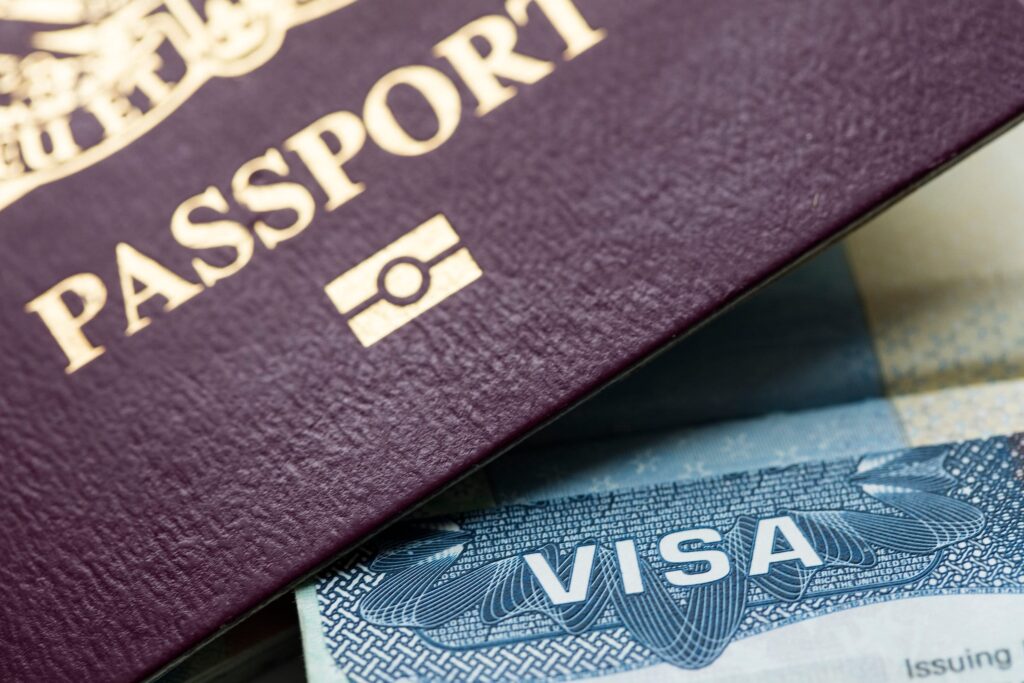
International Cooperation and Extradition
The use of counterfeit travel documents often involves crossing international borders. This, in turn, may lead to complications with extradition agreements between countries. If caught in a foreign country, the individual may face deportation back to their home country to face charges, exacerbating the legal ordeal.
The Role of Advanced Technology in Detection
As technology continues to advance, so do the methods used to detect counterfeit travel documents. Immigration and law enforcement agencies employ sophisticated verification systems, biometric authentication, and AI-driven document analysis to identify fraudulent identification. Attempts to deceive these systems are increasingly likely to be exposed, leading to swift and stringent legal consequences.
In Conclusion
Using counterfeit travel documents is not only illegal but also puts individuals at significant risk of severe legal consequences. From forgery charges to immigration law violations, those caught employing fraudulent identification may face imprisonment, deportation, and long-lasting damage to their personal and professional lives. Moreover, involvement in activities such as smuggling and human trafficking further escalates the gravity of the offense, leading to more severe penalties.
toto slot toto slot slot gacor hari ini monperatoto login syair hk malam ini situs toto slot slot 4d slot resmi slot gacor situs slot terbaik toto slot daftar slot gacor situs slot gacor toto slot situs toto terbesar slot resmi 4d situs gacor slot resmi 4d situs gacor daftar situs gacor toto slot situs gacor terpercaya slot resmi 4d situs slot terbaik cabe4d slot gacor situs gacor hari ini situs slot toto slot toto slot prediksi hk slot gacor gampang menang slot 4d rtp slot gacor slot gacor situs gacor hari ini situs slot gacor toto slot toto slot toto slot toto slot situs toto link slot gacor slot gacor